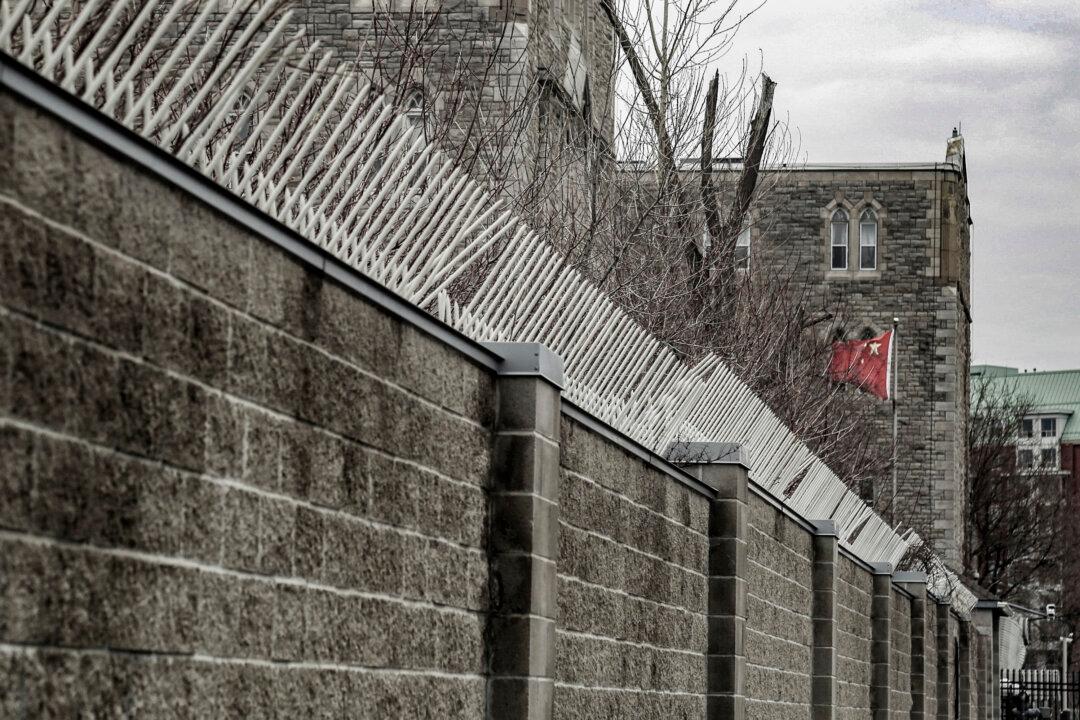Imagine this. It’s the middle of the night. You’re trying to sleep, but you just can’t shake the feeling you’re being watched. The other day, you said something critical of the Chinese Communist Party (CCP), and now you’re facing the consequences. You’ve received several threats, some subtle, some direct. You toss and turn, but as you finally begin to nod off, the phone rings. Is it an agent of the CCP? Will they come for you, or even for your family?
Many Chinese Canadians have to deal with situations just like this right now. Most shockingly, it’s happening on Canadian soil.
This problem is outlined in the new SecondStreet.org report, “Investigating the Chinese Government’s Harassment of Chinese-Canadians.” By reaching out to cultural and religious groups, and outspoken members of Canada’s Chinese community, we found 26 Chinese Canadians (as well as Canadians from Hong Kong, etc.) who were brave enough to share their stories of being targeted by the CCP.
Their stories speak for themselves, so let’s go over a few.
One common thread throughout the survey is that the CCP seems to favour using threatening phone calls and various types of digital harassment for those it wants to target. To quote:
“Cyber attack on Jan-11 2015, the attack came from China, Hunan province. My [computer system] totally crashed.”
“My WeChat account, which is the only app almost all Chinese use, got shadow-banned when I posted my support for Hong Kong in 2018. If I am in a group, no Chinese citizens, anyone using a Chinese phone number, can see my post.”
In this modern digital age, this is, of course, very concerning, but it doesn’t stop there. Several respondents to our survey said they were targeted in person.
“One Chinese guy took photo of me in Calgary’s China Town ... Then I am being tracked, monitored, listened, by different guys … at my house, bus station, any location I parked,” one said.
“A forum on live organ harvesting was held. My car’s tires were punctured four times in a month (the last time was punctured with an inch-wide knife). There are also physical threats and actions,” said another.
One respondent even came home to what they believed was a subtle threat from the CCP.
“One day when I came home, found a big size branch of my house plant was cut off and put on the kitchen counter and a knife was beside it.”
Perhaps the most eerie tactic revealed in this research is the CCP’s willingness to target family members and friends of Chinese Canadians who are still living in China.
“My relatives even asked me to stop calling them because of fear that the police [are] watching them and they will get in trouble. My parents asked me not to talk about anything related to CCP, the leaders, Chinese politics, COVID, vaccines etc lest their pensions [be] stopped.”
“They also harassed my family in China, forced them to sign a pledge that if [I] did something they don’t like overseas, they will take away all their properties.”
Needless to say, none of this is acceptable in a developed, Western democracy like Canada. Historically, the CCP is known for its brutality and willingness to ignore human rights ‒ Mao’s Great Leap Forward was one of the worst genocides in human history. While the modern CCP has made some economic reforms, life and liberty are not a priority for it—think of the Uyghur genocide, the social credit system, and the constant surveillance of citizens.
It’s not surprising that a sinister government like that would want to spread its tendrils across the world and keep its former citizens under its watch. Those who speak out, who hold political or religious views contrary to the CCP’s doctrine, may have a target on their back.
But Canada can take steps to protect its citizens. The federal government appears poised to create a foreign agent registry, and it has potential, but we also need to raise awareness about this problem. The brave Canadians who shared their stories in our survey did their part, likely despite fear of further targeting. Bringing stories like theirs to light can help policymakers see that this is a legitimate problem and inspire them to take further action.
If we don’t want communist-style surveillance and harassment in our country, it’s the least we can do.
Dom Lucyk is the Communications Director for SecondStreet.org, a Canadian think tank.





